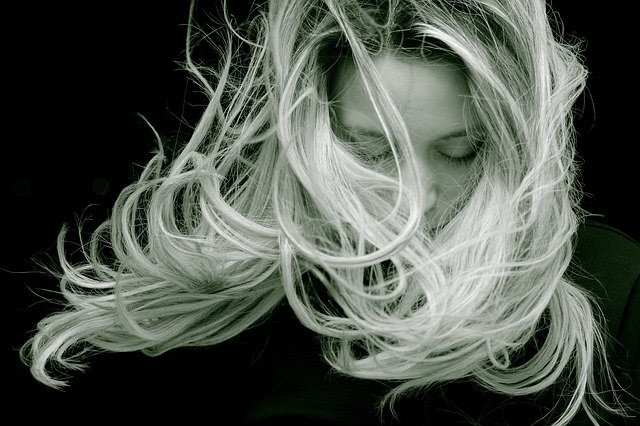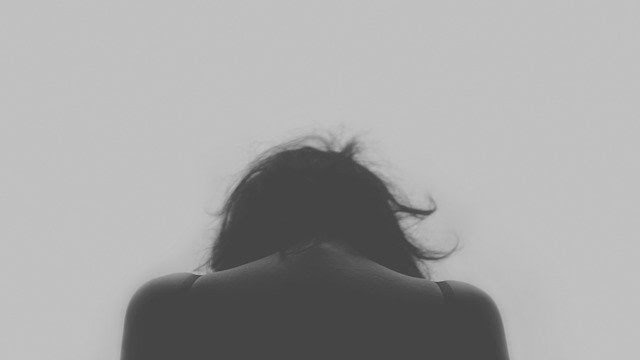According to the National Hair Loss Association, more than 85 million men and women in the United States deal with hair loss every day. There are many different causes of hair loss. Hair loss caused by genetics, poor diet or nutritional deficiencies, side effects of certain medications or products, and certain medical conditions are common causes of hair loss.
Many of the factors that cause hair loss can be prevented, but it’s necessary to understand them all so that you can begin to take action.
Stress
People with high levels of stress may notice an increase in hair loss since this can affect hormonal balance. This is because stress hormones such as cortisol compete with Dihydrotestosterone and inhibit its production, which in turn causes thinning and even bald spots from forming on one’s scalp.
Stress is one of the most common causes of hair loss. 70% of women notice a drastic change in their hair during times of extreme stress. Stress hormones, cortisol, and adrenaline can inhibit the production of your natural human growth hormone. This natural hormone is vital for healthy hair growth because it stimulates and activates cell multiplication for more robust and thicker hair growth.
How To Reduce Stress Levels
There are many ways to reduce stress, and there are many different ways to deal with stress. For some individuals, stress is an everyday occurrence. It is a problem that you can avoid if you have the right mindset. If you have a positive attitude, you can reduce your stress levels significantly.
You can try a variety of methods, including:
- Meditation.
- Breathing exercises.
- Yoga.
- Exercise.
Hormones
Hormonal imbalances are common in women as they enter menopause. Women who experience more extreme symptoms such as hot flashes and night sweats may notice an increase in their hair loss since these are symptoms of overactive hormones. In this case, other lifestyle factors such as stress are also induced, which can affect the body’s natural ability to produce new cells for healthy hair growth.
Nonetheless, hormonal hair loss also affects younger women who suffer from androgenetic alopecia, or female pattern hair loss, which usually occurs after the mid-teens or early twenties.
Trichotillomania
Trichotillomania is an impulse control disorder characterized by the compulsive urge to pull out one’s hair. It is also known as trich, which is derived from the Greek word for hair. People who have trichotillomania pull out their hair from their scalp, eyelashes, eyebrows, and other areas of their bodies. Hair pulling results in noticeable hair loss. While the hair pulling is usually done without the conscious knowledge of the person who is doing it, it is very upsetting to the person who has the disorder.
The urge to pull hair may prompt people to resist the behavior, but they cannot do so and may feel tension before or while pulling hair. Although this seems like a relatively uncommon issue, the specialists at nomorehairpulling.com estimate up to 2% of people have this disorder in varying degrees of severity.
Poor Nutrition
Nutritional deficiencies are another common cause of hair loss. For instance, zinc deficiency can have a devastating effect on the body’s ability to produce healthy and thick hair. Zinc is one of the components necessary for human growth hormone, which maintains healthy, dense, and strong hair. In addition, iron deficiency can also lead to problems with hair growth since it is essential in the creation of red blood cells that carry oxygen to all your body cells, including your hair.
Although supplementation does help, experts say that there is often an underlying problem that contributes to the deficiency in the first place. The most reasonable course of action is to visit your doctor to discuss what can be done to slow down hair loss.

Inherited Genes
Hereditary hair loss can also be caused by male or female pattern baldness, which results from genetics. Male pattern baldness is common among men who have a family history of hair loss. This happens because of the presence of Dihydrotestosterone (DHT) which is a hormone that inhibits hair growth and can lead to balding. It works by binding to the hair follicles, preventing them from producing further hair growth.
Hair loss can severely impact your life, self-esteem, and how you feel about yourself. It can make you feel unattractive, unconfident, and embarrassed. If you’re experiencing these feelings, you’re not alone. These feelings are common among those who are experiencing hair loss. While you may have little control over the genetic factors that may be causing your hair loss, you do have control over how you feel about it.


